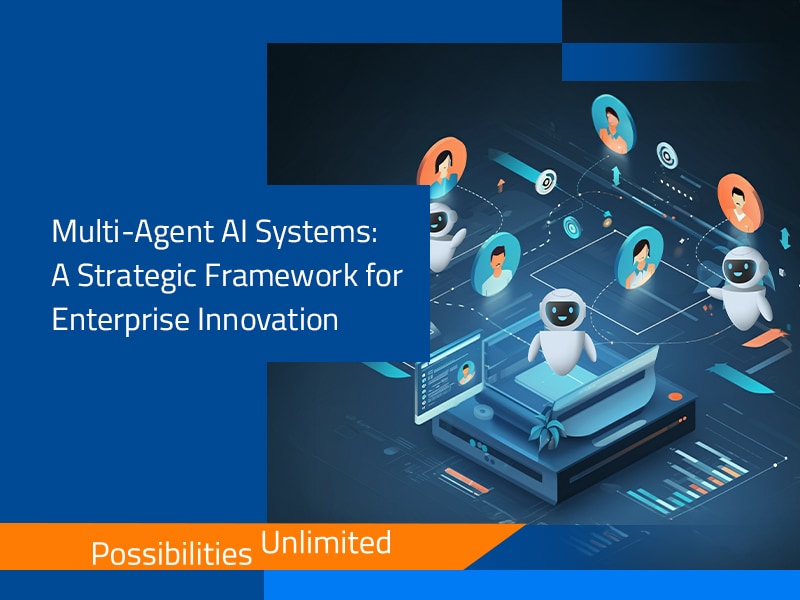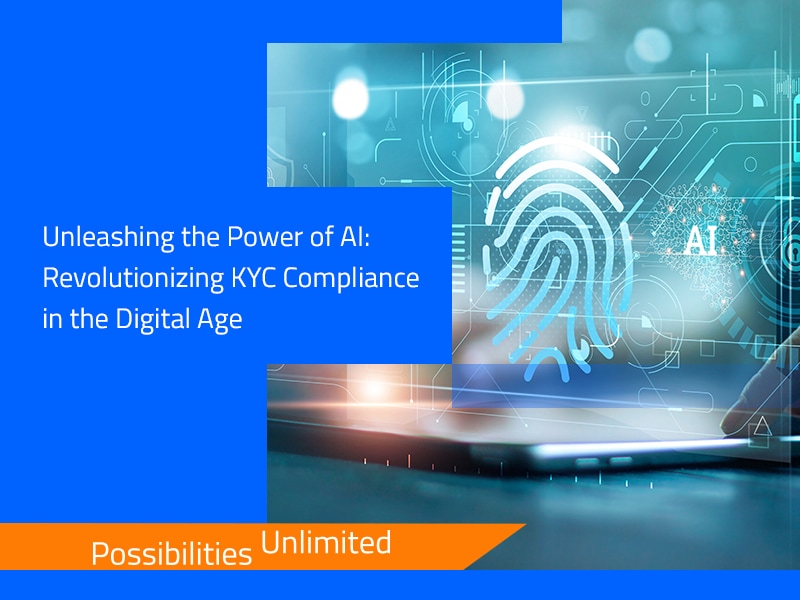Home > Blogs > Tracking Technological Trends- PEX 2024 Generative AI and Intelligent Automation Trends
Tracking Technological Trends- PEX 2024 Generative AI and Intelligent Automation Trends

Table of Contents
To stay ahead of growing economic concerns and the digital plight, organizations across the globe are equipping themselves for the current and future dynamic landscape. Embracing innovations like artificial intelligence (AI), cloud computing, the Internet of Things (IoT), and data analytics. Opening new avenues for growth, efficiency, and elevated customer engagement. To trace these emerging trends, this collaborative endeavour with PEX Network unveils a transformative journey, disrupting traditional operational models.
It highlights key implementation strategies that requires the careful integration of generative AI and advanced technologies with business frameworks. How innovation is harmonized with proven methodologies, offering insights into the opportunities and complexities that are woven into today’s digital transformation journey, exploring a whole new world of AI-business synthesis that awaits us.
Where are changing economic headwinds taking us?
Global geopolitical uncertainties have prompted companies to adopt a conservative approach, emphasizing cost-cutting measures until early next year at least. The prevailing sentiment is a demand for compelling business cases before venturing into new technology investments. Vineet Mehra from Maersk echoes this sentiment, highlighting that Chief Technology and Innovation Officers (CTIOs) are cautious about new technology investments, instead focusing on stabilizing and optimizing existing products to reap immediate benefits.
26% of respondents
to the PEX Network’s Global State of Process Excellence 2024 report identify “cost/budget limitations” as their top challenge, highlighting the financial pressures organizations face in today’s turbulent landscape.

Additionally, 50 percent foresee operational excellence budgets either declining or maintaining a flat trajectory. This signals a strategic move to enhance operational excellence for organizational success. Companies are investing more in proven methods like Lean, Six Sigma, and business process management (BPM) to boost efficiency, drive innovation, and strategically position themselves for long-term success in a changing economic landscape.
Cultivating the Automation Process
Ramana Rao, the Director of GBS Intelligent Automation at Newell Brands, highlights the need to understand processes through manual workshops before thinking about automation. This involves working closely with business units to document, simplify, and standardize processes. Automation or integrating technology layers is only considered after optimizing the processes.
Peter Evans, former Director of Service and Performance Management at the LEGO Group, talks about the renewed focus on classic improvement techniques. He stresses the importance of fostering a talent-focused culture, connecting purpose to impact for sustained success amid economic uncertainties. While economic uncertainties may bring potential opportunities for operational excellence leadership, maintaining alignment with broader business objectives is crucial. Evans advises against overlooking strategic alignment and adoption of innovative technologies, in the pursuit of quick savings and improvements. The organizations should continue to embrace innovation, especially in business process automation and generative AI. These strategies have the potential to fundamentally reshape business dynamics and human-machine relationships.
Where do the operational excellence leaders stand on AI integration?
of IT decision-makers see AI playing a substantial role in their digital journey, according to the Forrester Consulting Thought Leadership Study for EdgeVerve Connected Enterprise. This surge in AI adoption promises significant benefits like uncovering new revenue streams and boosting employee productivity.
Additionally, McKinsey’s recent report estimates that generative AI, when combined with complementary technologies like workflow automation, could potentially automate 25 percent of workplace tasks. This tackles tasks currently taking up a substantial 60-70 percent of employees’ time.
Although operational excellence leaders express their eagerness to experiment with generative AI, as highlighted by PEX Network’s research, only a modest 19 percent have successfully operationalized at least one project. Despite the success demonstrated by various AI initiatives like customer service chatbots, employee self-service, and intelligent document processing, a notable portion of organizations still approach large-scale AI initiatives with caution.
A Word of Caution with AI: Safety & Ethics
Advisory board members also voiced reservations about the extensive adoption of generative AI, related to regulation, finances, cybersecurity, and ethics. A survey by Salesforce highlights scepticism, with 57 percent acknowledging the revolutionary potential of generative AI, but 59 percent questioning its accuracy, 63 percent noting biases, and 71 percent anticipating a rise in carbon footprint.
Heineken’s Lyudmila Todorovska emphasizes the need for unbiased, ethical, trustworthy, and explainable AI tools.
The general noise around AI adoption circles job losses and what new machine integration would mean among workers and the work settings. To these concerns Mr. N. Shashidhar at EdgeVerve, suggests tailoring AI models for optimal performance in enterprise contexts. Meaning that the adoption can be looked at as an opportunity for more skilled hires and seamless work administrations. Additionally, stressing benefits, like those seen with ChatGPT, and exploring secure in-house AI models.
The need of the hour
Apart from overcoming resistance to change and fear, organizations face technical, financial, and legacy system challenges hindering effective AI utilization. For this, Mr. N. Shashidhar proposes a transformative overlay through platforms. Offering a more agile and cost-effective solution that not only initiates the AI and automation journey but also maximizes value from previous digital core investments, leading to substantial long-term cost reductions. The platform-based approach to generative AI and intelligent automation strategically addresses barriers impeding widespread AI adoption.
of decision-makers acknowledge the instrumental role of a platform-based strategy in unifying business and technology, according to a Forrester Consulting Thought Leadership Study. This highlights the importance of such strategies for driving digital transformation.
Collaborative partnerships with platform-based vendors emerge as critical and influential in high-tech enterprises, fostering active support, engagement, and impactful training. The seamless integration of platform-based technology unlocks:
Key Understanding
In summary, the platform-based approach not only maximizes the value of the digital core but also nurtures a vision of a connected enterprise. Mr. N. Shashidhar imagines a future where humans design processes, and machines execute them precisely, shifting from the current data processing paradigm. Acknowledging the evolving landscape, ongoing human intervention in areas like loan processing ensures up-to-date AI models. He highlights AI advancements fostering more natural language interactions, driving increased adoption, and promoting diversity in the development process.
The need for diverse perspectives is crucial, in removing technology barriers to innovation. Platform-based models enhance human intelligence, turning machines into teammates. This shift focuses on what machines can be for us, not just what they can do for us.


Possibilities Unlimited
Possibilities Unlimited
Inspiring enterprises with the power of digital platforms
More blogs from EdgeVerve →